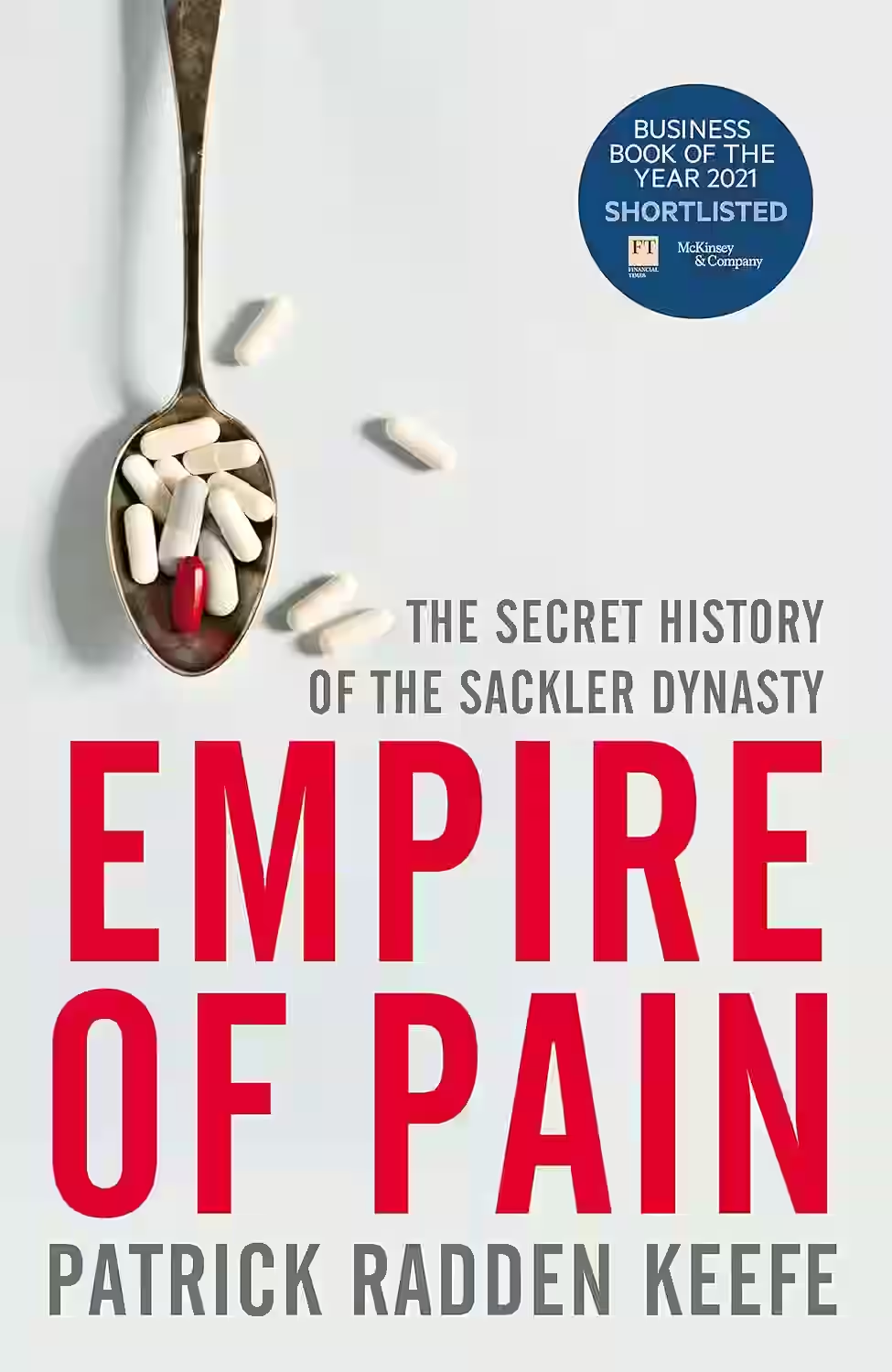
A searing investigation into the Sackler dynasty, whose pharmaceutical empire fueled America’s opioid crisis. From OxyContin’s aggressive marketing to legal evasions, Empire of Pain traces greed, power, and denial at the heart of a national tragedy. Keefe blends journalism and narrative skill to reveal how a powerful family shaped public health policy and profited from addiction.
About Patrick Radden Keefe
An American investigative journalist and staff writer for The New Yorker, renowned for his deep-dive non-fiction books and articles. His works, including Say Nothing: A True Story of Murder and Memory in Northern Ireland and Empire of Pain: The Secret History of the Sackler Dynasty, meticulously unpack complex true stories, exposing hidden histories, power dynamics, and the pursuit of justice. Keefe's rigorous research and compelling storytelling have established him as a master of narrative non-fiction.
Similar Books
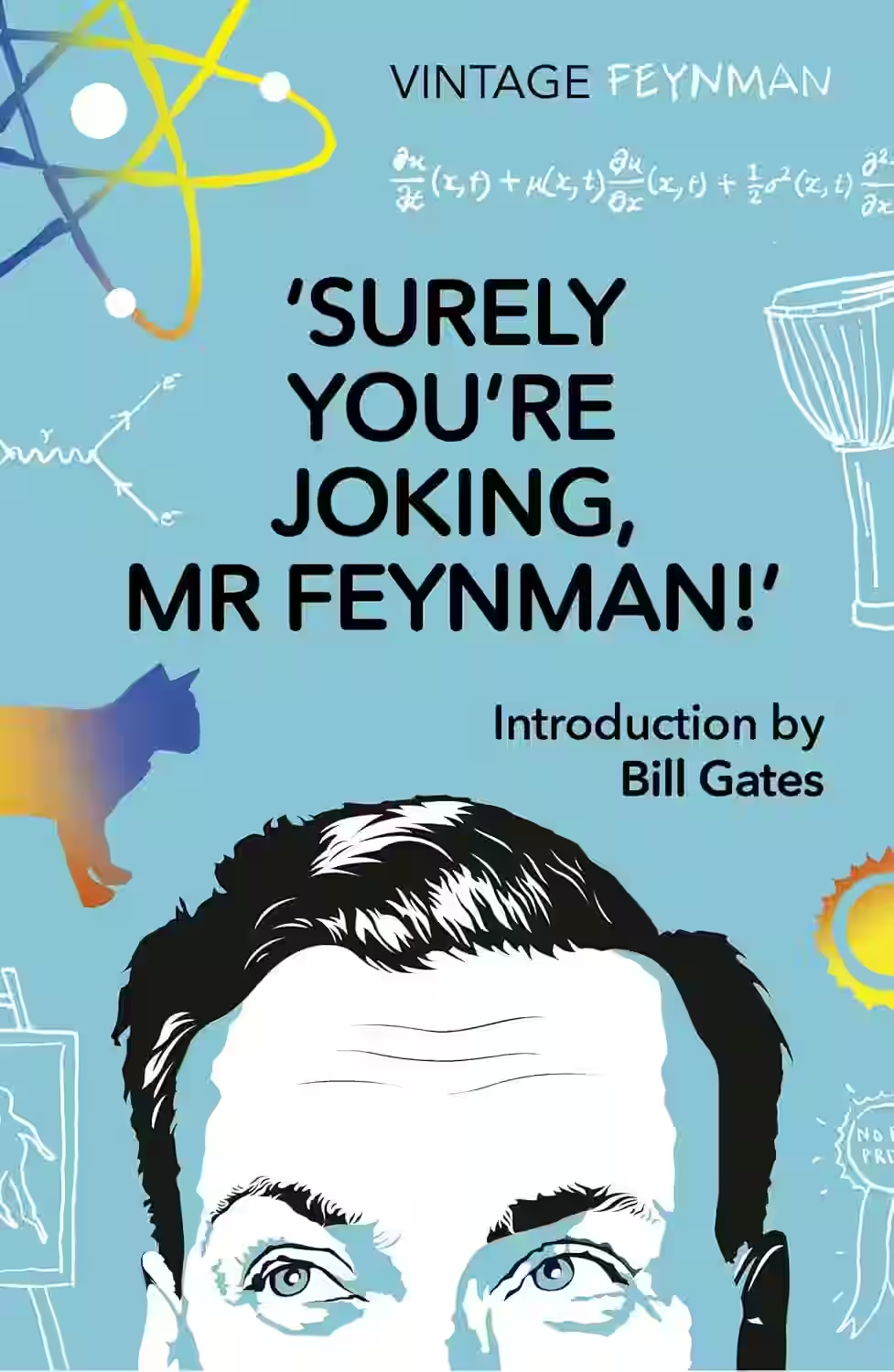
Surely You're Joking Mr Feynman
This warm and insightful portrait captures the wisdom, humor, and boundless curiosity of Nobel Prize-winning physicist Richard Feynman through intimate conversations with his friend Ralph Leighton. Beyond his groundbreaking theoretical work, Feynman was a man of adventure – an artist, safecracker, practical joker, and captivating storyteller. His life, fueled by high intelligence, unyielding curiosity, and healthy skepticism, was a series of remarkable experiences. These recorded conversations, transcribed with minimal alteration, offer a wise, funny, passionate, and utterly honest self-portrait of one of the 20th century's most brilliant and engaging minds.
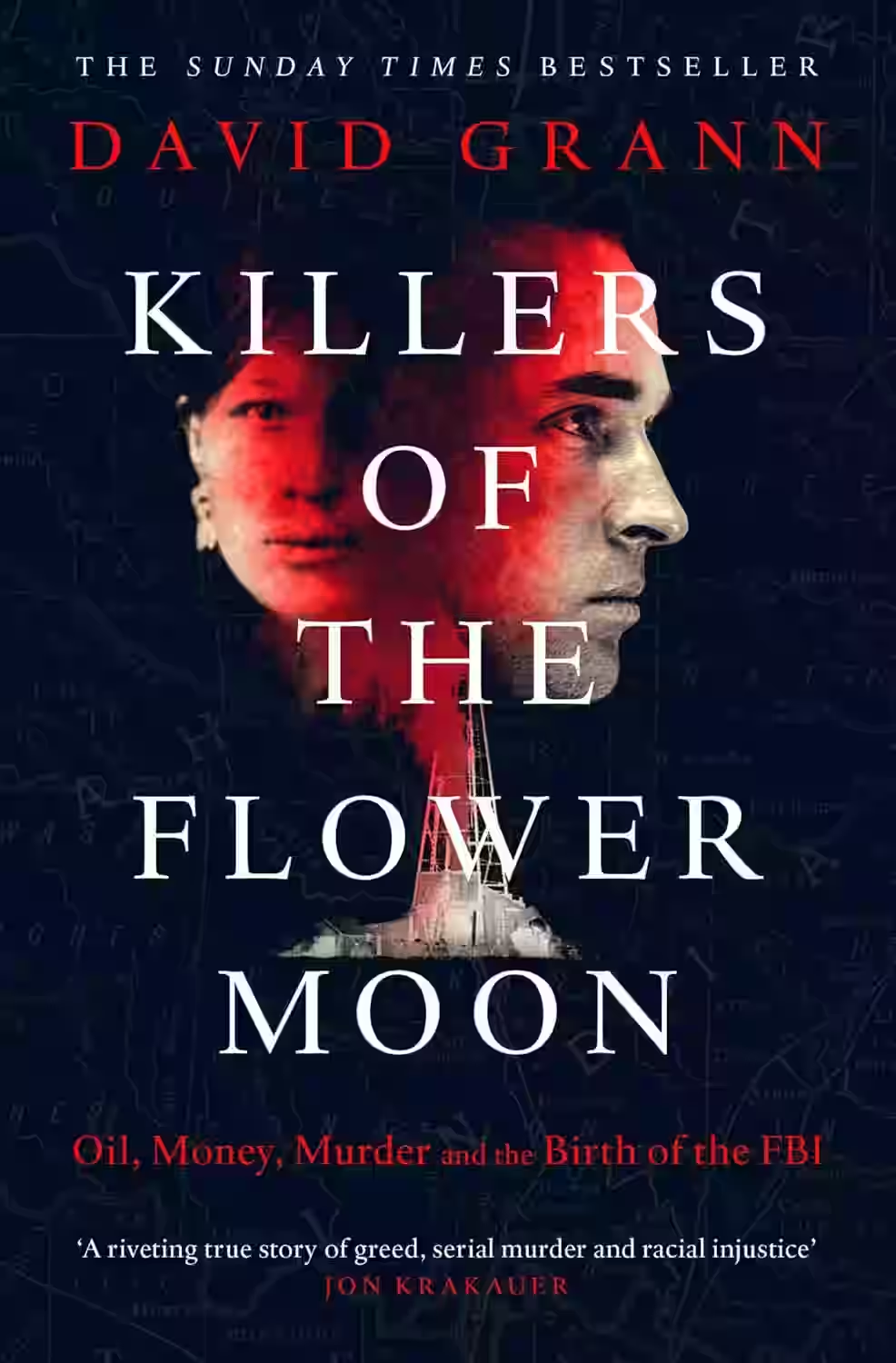
Killers of the Flower Moon
by David Grann
This gripping nonfiction work uncovers the chilling murders of Osage Nation members in 1920s Oklahoma, who were targeted for their oil wealth. As bodies piled up, the newly formed FBI took on the case—exposing a web of greed, racism, and corruption. Killers of the Flower Moon is a meticulously researched, suspenseful narrative that sheds light on a dark chapter of American history, blending true crime with a call for justice.
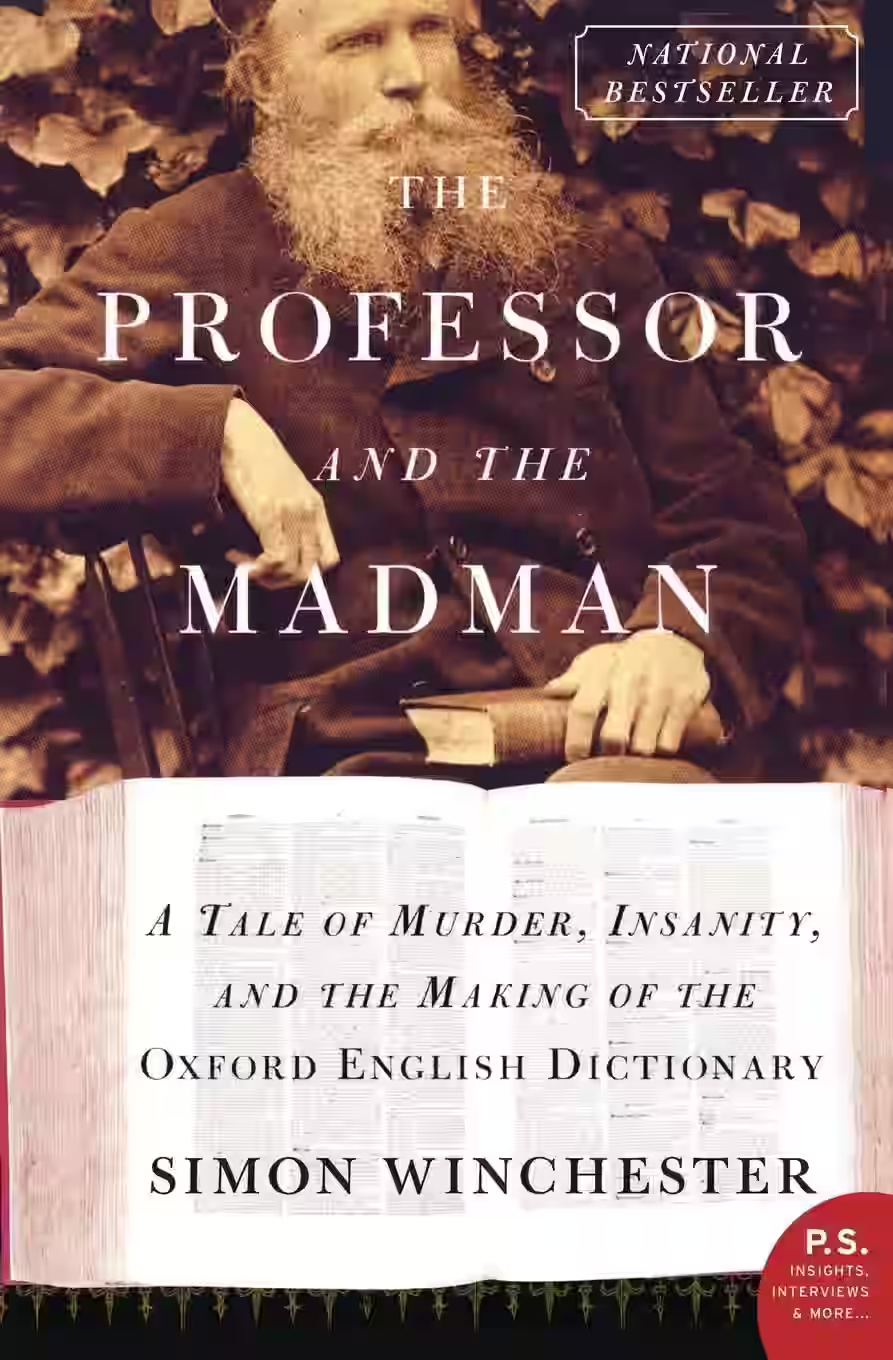
The Professor and the Madman
In 'The Professor and the Madman' by Simon Winchester, the author delves into the intriguing story behind the creation of the Oxford English Dictionary. The book follows the relationship between Professor James Murray and Dr. William Minor, a convicted murderer who contributed thousands of words to the dictionary while institutionalized. Winchester skillfully weaves together themes of language, madness, and humanity, offering a compelling narrative of two unlikely collaborators. Through meticulous research and vivid storytelling, he captures the essence of dedication, obsession, and the power of words. This non-fiction work engages readers with its historical richness and profound exploration of the complexities of human nature.
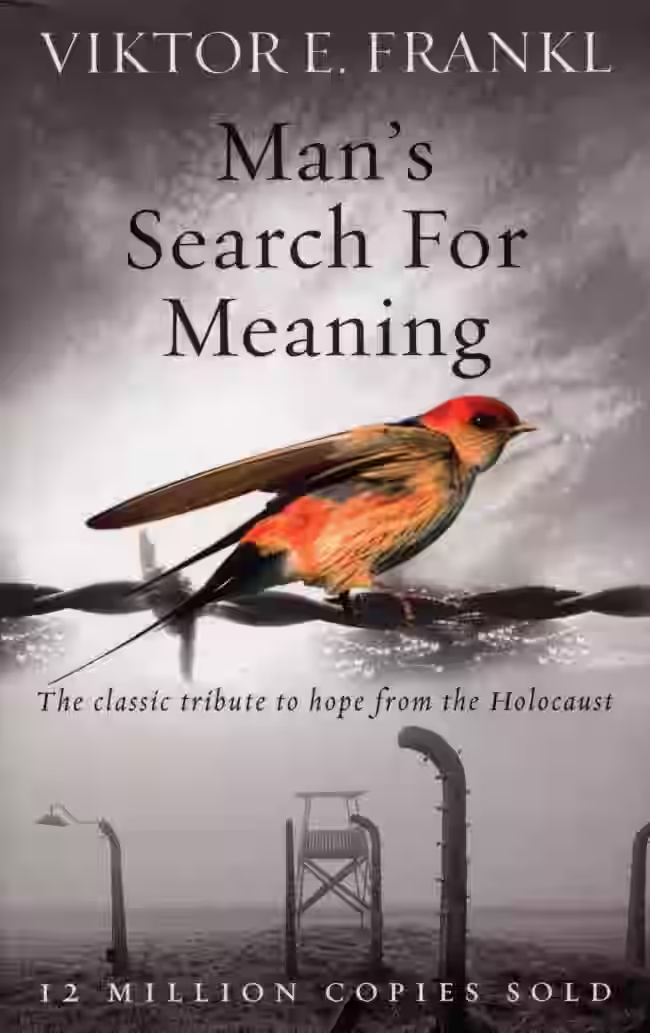
Man’s Search for Meaning
In this profound memoir and psychological exploration, Holocaust survivor Viktor Frankl shares his harrowing experiences in Nazi concentration camps and the insights he gained. Central to the book is Frankl’s belief that even in the most inhumane conditions, individuals can endure by finding meaning in their suffering. He introduces logotherapy, his psychotherapeutic method focused on the pursuit of meaning as a primary human drive. Frankl’s reflections blend personal resilience with deep philosophical and spiritual questions, making the book a timeless meditation on hope, purpose, and the human capacity to transcend hardship in search of something greater.